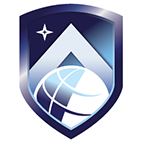RN to MSN Bridge Program
Demand for highly educated nurses is growing. Bridge your RN to MSN online.
Aspen University offers specialized online RN to MSN bridge programs for registered nurses who have an associate’s degree or diploma in nursing and want to expand their career opportunities. Students choose from five specializations, each designed to help nurses achieve their goals while supporting adult learners earning their degree online. With a liberal arts and theory-based foundation, our RN to MSN bridge programs prepare nurses to assume leadership roles in management and education within a diverse society and across a spectrum of healthcare settings. With the RN to MSN Bridge program, students do not receive a BSN degree but instead progress toward graduating with an MSN in a specialty area.
The Master of Science in Nursing (RN-MSN Bridge) program at Aspen University is accredited by the Commission on Collegiate Nursing Education. The mission of Aspen’s School of Nursing and Health Sciences is to enhance the health and quality of life for individuals, families, and communities at local, state, and national levels through excellence in teaching, scholarship, and practice.
5 Reasons to Go Back to School for an MSN
Enjoy Flexibility– 19 online courses with program start dates every 2 weeks
Choose Where You Learn– Online courses with a local practicum
Affordable Monthly Payments
Focus on Your Passion– Choose your practicum project
Practicum courses are performed within a clinical practice or academic setting allowing students to apply concepts under the direct supervision of a Preceptor. Aspen’s Office of Field Experience offers additional support for RN-MSN students during the practicum process.
RN-MSN Program Specializations
Why More Nurses Are Choosing Aspen


RN-MSN Courses
Aspen’s RN-MSN curriculum features 19 courses, 7 courses at the undergraduate level and 12 courses at the graduate level, designed to equip you with advanced nursing skills. Taught by experienced nurse educators from diverse healthcare settings, you’ll have the opportunity to apply new knowledge directly to your practice through the integration of your RN-MSN practicum project. View the program page for each specialization for information on required courses.
“I can say confidently that my schooling with Aspen has made me a better nurse.”
Jen M.
RN-MSN Public Health, graduated April 2024Cost & Time to Completion
The Best Fit for Working Nurses
We understand the difficulties in pursuing your RN-MSN when you have a demanding work schedule. The 8-week courses at Aspen University allow you to complete your program in as little as 4 years.
Our Monthly Payment Plan Makes Us Different.
Paying for your RN-MSN shouldn’t be complicated. Our Monthly Payment Plan makes it easy for working nurses to finance their RN-MSN program.
Tuition Rates
| $23,775 | Tuition |
| $2,750 - $3,025 | Fees |
| $2,850 |
Estimated
Textbook
Costs
|
| $29,375 - $29,650 | |
Other Ways to Finance Your RN-MSN

Students who have served, or are currently serving in the United States Military and their legal spouses are eligible to receive a Military Affiliation Discount from Aspen University.

Aspen University is currently approved by the U.S. Department of Education to offer federal student aid for the RN-MSN program.

Aspen University maintains employee tuition discount partnerships with a large and growing number of organizations. Tell your enrollment advisor where you work and ask them to check for you prior to enrolling.

Aspen offers several payment plans for students to fund their education.
Earn Your RN-MSN with Confidence

The baccalaureate degree program in nursing, the master’s degree program in nursing, and the Doctor of Nursing Practice program at Aspen University are accredited by the Commission on Collegiate Nursing Education.
Julie R.
RN-MSN Administration and Management, graduated February 2023Admission Requirements

Application – A completed application; Aspen does not charge an application fee

Registered Nurse Licensure – Current, unrestricted licensure as a registered nurse in the United States, a US territory, or Canada. Registered nurses licensed outside of these areas are not eligible.

Associate of Science in Nursing – Official Transcript demonstrating an associate’s degree in nursing from an institution that is accredited by a CHEA recognized accrediting body, a diploma in nursing, or an international equivalent; applicants must have earned at least a 2.5 GPA in their ASN/ADN/diploma program (see Catalog for more information)

Nursing Experience – A minimum of one year of nursing experience completed within the past five years.

Government-Issued Photo Identification – Identification must be valid, current, and legible.
Career Outlook
Nursing is a unique career field that provides opportunities in a variety of settings and patient populations. The U.S. Bureau of Labor Statistics identifies that the job outlook from 2022-2033 is 6% faster than average with an anticipated 194,500 nursing jobs projected annually.
The American Association of Colleges in Nursing (AACN) reported that 82% of new MSN graduates had a job offer at the time of graduation and 95% of MSN graduates had a job offer within 6 months of graduation.
See each RN-MSN specialization page for more specific Career Outlook information.
Average Annual Salary for MSN-prepared Nurses
$120,870
Data pulled from NursingProcess.org in Fall 2024. Salary can vary widely depending on geographical location and role.
MSN Frequently Asked Questions
-
What is the RN-MSN degree?
-
What are the differences between the RN-MSN program and the MSN program?
-
Is Aspen’s RN-MSN program accredited?
-
Can I finish my RN-MSN degree online?
-
What specialties are offered in the RN-MSN degree program?
-
Can multiple specialties within the RN-MSN program be completed simultaneously?
-
Does Aspen help with locating a preceptor and site to complete hours?
The Master of Science in Nursing (RN-MSN Bridge) degree is a graduate degree that prepares nurses for specialties in their selected area of healthcare.
The RN-MSN program is available for RNs who do not hold a bachelor of science degree in nursing (BSN). The MSN direct-entry program is available for RNs who have obtained their BSN degree.
Yes, the RN-MSN program is accredited by the Commission on Collegiate Nursing Education.
Yes, Aspen’s RN-MSN degree programs are completed online. There is a 120-hour practicum course associated with each specialty that requires a preceptor supervisor.
Aspen offers RN-MSN degrees specializing in Administration and Management, Forensic Nursing, Informatics, Nursing Education, and Public Health.
No, students can only complete one specialization.
Many students utilize their workplace to identify their preceptor and site location. Aspen’s Office of Field Experience (OFE) is also available to support students with obtaining approval from their preceptor, site, and collaborating to identify alternative locations as needed.


